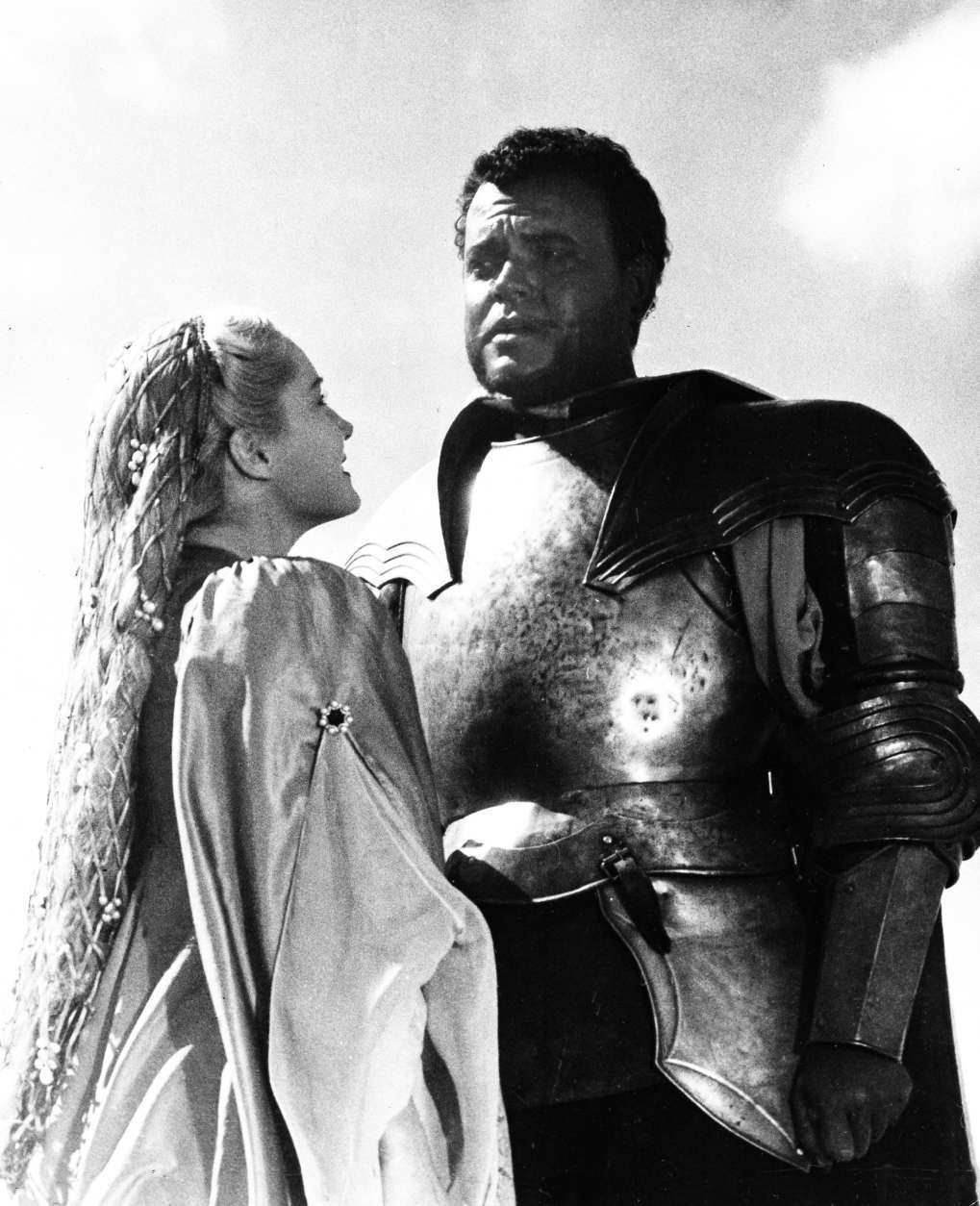
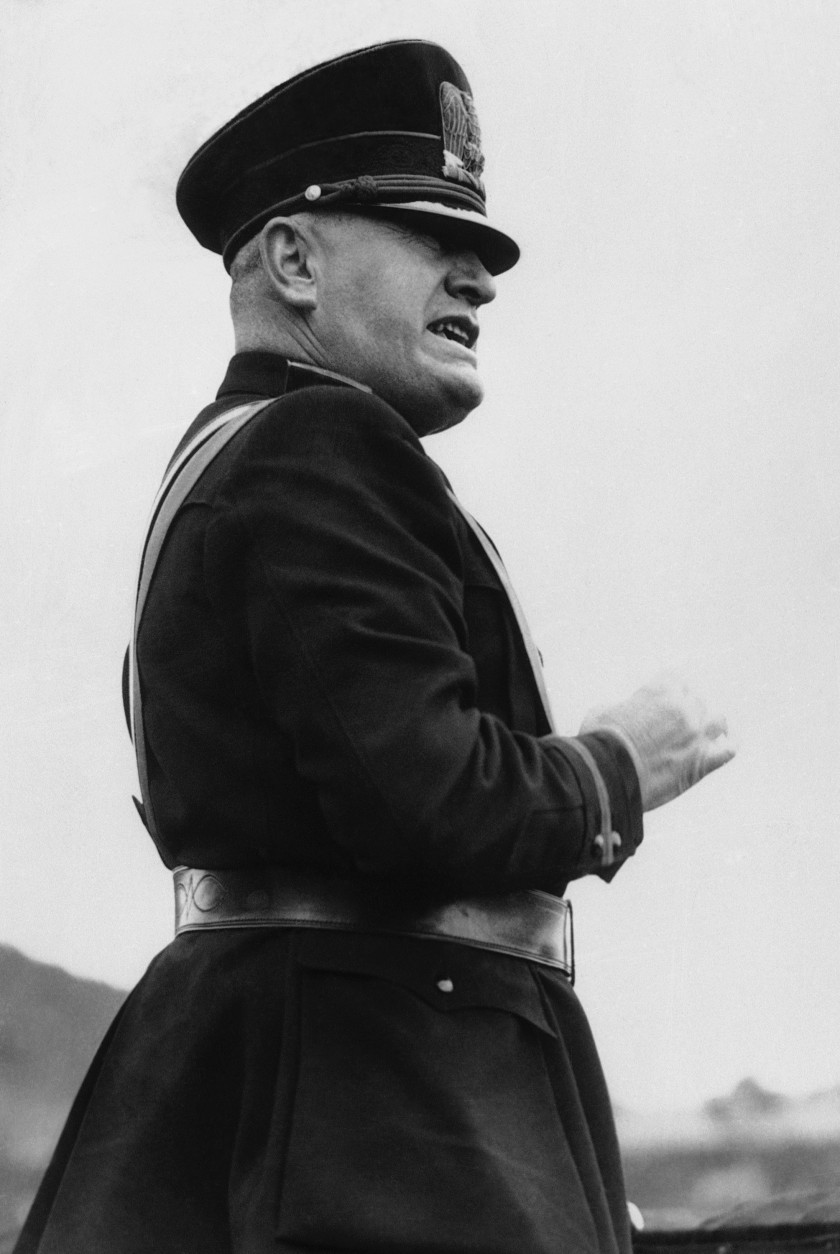
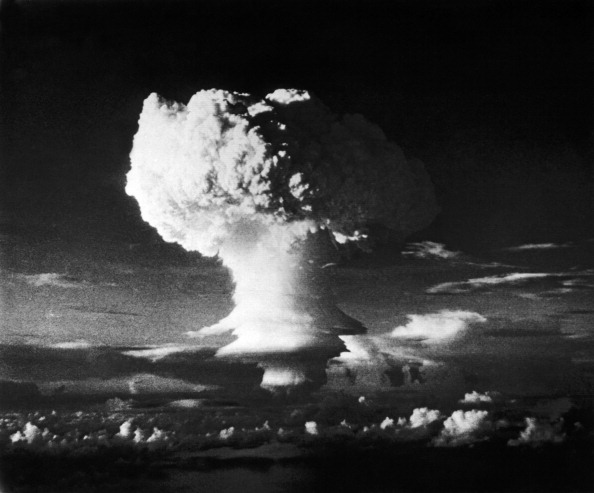
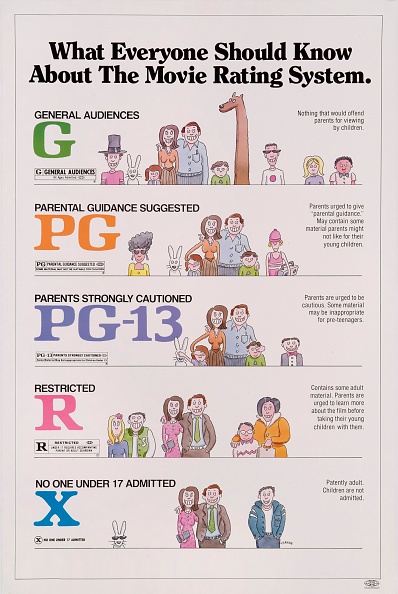
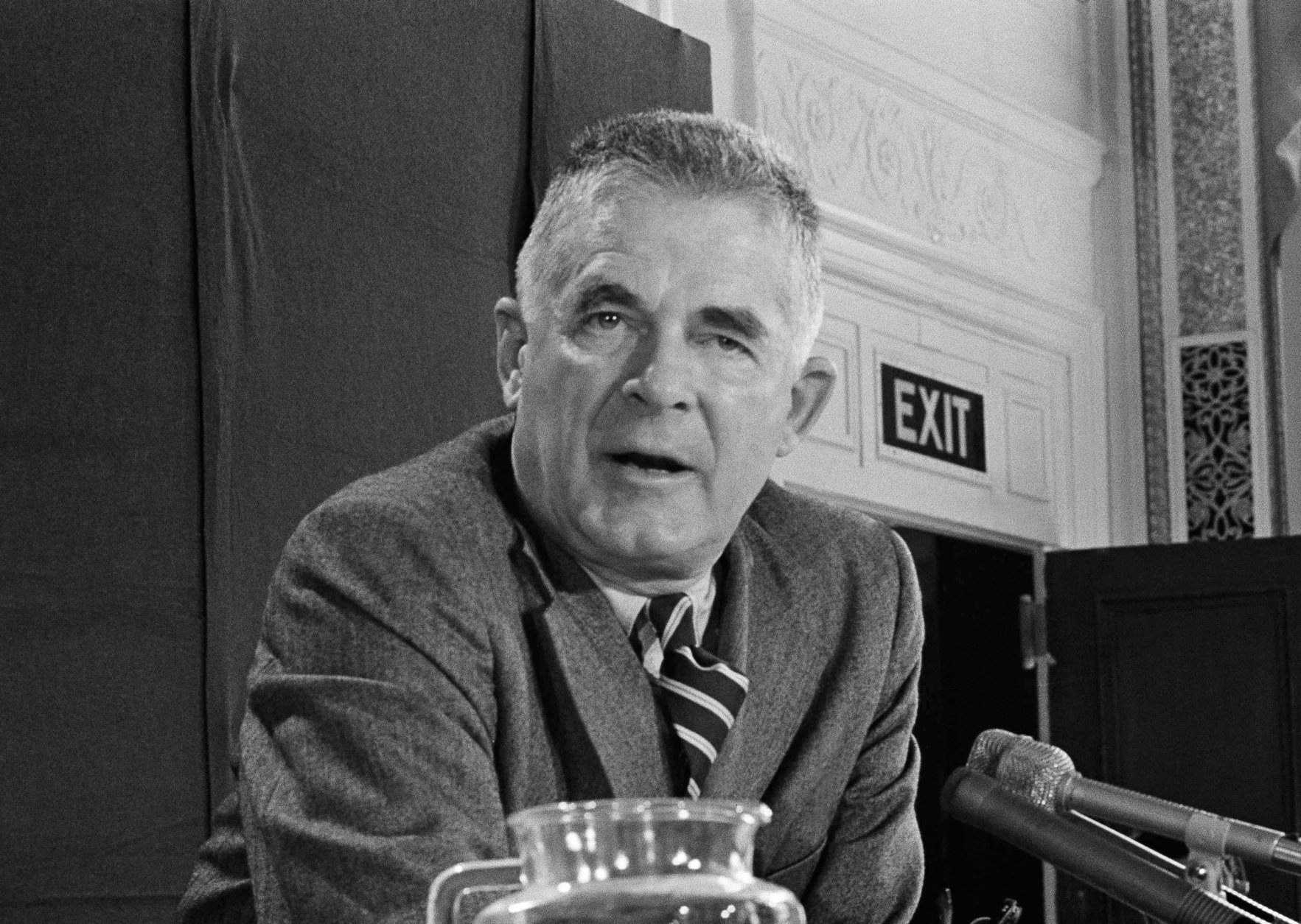

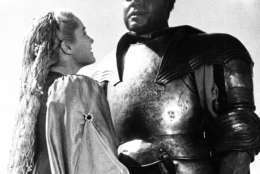
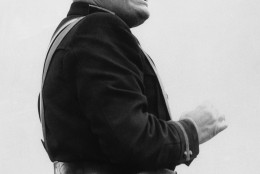
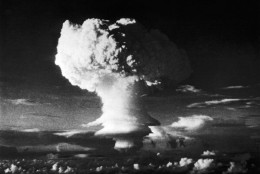

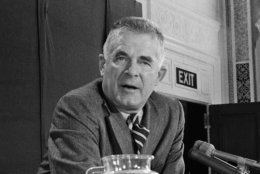

Today is Friday, Nov. 1, the 305th day of 2019. There are 60 days left in the year.
Today’s Highlight in History:
On Nov. 1, 1936, in a speech in Milan, Italy, Benito Mussolini described the alliance between his country and Nazi Germany as an “axis” running between Rome and Berlin.
On this date:
In 1604, William Shakespeare’s tragedy “Othello” was first presented at Whitehall Palace in London.
In 1765, the Stamp Act, passed by the British Parliament, went into effect, prompting stiff resistance from American colonists.
In 1861, during the Civil War, President Abraham Lincoln named Maj. Gen. George B. McClellan General-in-Chief of the Union armies, succeeding Lt. Gen. Winfield Scott.
In 1945, Ebony, a magazine geared toward black readers, was first published.
In 1950, two Puerto Rican nationalists tried to force their way into Blair House in Washington, D.C., in a failed attempt to assassinate President Harry S. Truman. (One of the pair was killed, along with a White House police officer.)
In 1952, the United States exploded the first hydrogen bomb, code-named “Ivy Mike,” at Enewetak (en-ih-WEE’-tahk) Atoll in the Marshall Islands.
In 1968, the Motion Picture Association of America unveiled its new voluntary film rating system: G for general, M for mature (later changed to GP, then PG), R for restricted and X (later changed to NC-17) for adults only.
In 1973, following the “Saturday Night Massacre,” Acting Attorney General Robert H. Bork appointed Leon Jaworski to be the new Watergate special prosecutor, succeeding Archibald Cox.
In 1989, East Germany reopened its border with Czechoslovakia, prompting tens of thousands of refugees to flee to the West.
In 1991, Clarence Thomas took his place as the newest justice on the Supreme Court.
In 1995, Bosnia peace talks opened in Dayton, Ohio, with the leaders of Bosnia, Serbia and Croatia present.
In 2003, Democratic presidential candidate Howard Dean stirred controversy within his party by telling the Des Moines (duh-MOYN’) Register he wanted to be “the candidate for guys with Confederate flags in their pickup trucks.” (The former Vermont governor explained that he intended to encourage the return of Southern voters who had abandoned the Democrats for decades but were disaffected with the Republicans.)
Ten years ago: Afghan President Hamid Karzai’s challenger, former Foreign Minister Abdullah Abdullah, withdrew from an upcoming runoff election, effectively handing Karzai a victory. Lender CIT Group filed one of the biggest Chapter 11 bankruptcy filings in U.S. corporate history. (CIT Group emerged from bankruptcy protection the following month.) Meb Keflezighi (keh-FLEZ’-gee) became the first U.S. man in 27 years to win the New York City Marathon, in a time of 2:09:15; Ethiopian runner Derartu Tulu won the women’s title in 2:28:52.
Five years ago: The national average price of gasoline fell to $2.995, according to AAA, marking the first time in four years that gas was cheaper than $3 a gallon. The United Nations’ expert panel on climate science, meeting in Copenhagen, Denmark, finished a report on global warming that the agency said offered “conclusive evidence” that humans were altering Earth’s climate system. Bayern won the $5 million Breeders’ Cup Classic by a nose, surviving a stewards’ inquiry prompted by multiple horses bumping near the start.
One year ago: Robert Bowers pleaded not guilty to federal charges in the shooting that left 11 people dead at a Pittsburgh synagogue; funerals for the victims of the deadliest anti-Semitic attack in American history continued for a third day. Edmund Zagorski became the first man executed in Tennessee’s electric chair since 2007; his last words were “Let’s rock,” before he was executed for shooting two men and slitting their throats during a drug deal. Thousands of Google employees around the world briefly walked off the job to protest what they said was the company’s mishandling of sexual misconduct allegations against executives.
Copyright © 2026 The Associated Press. All rights reserved. This material may not be published, broadcast, written or redistributed.







